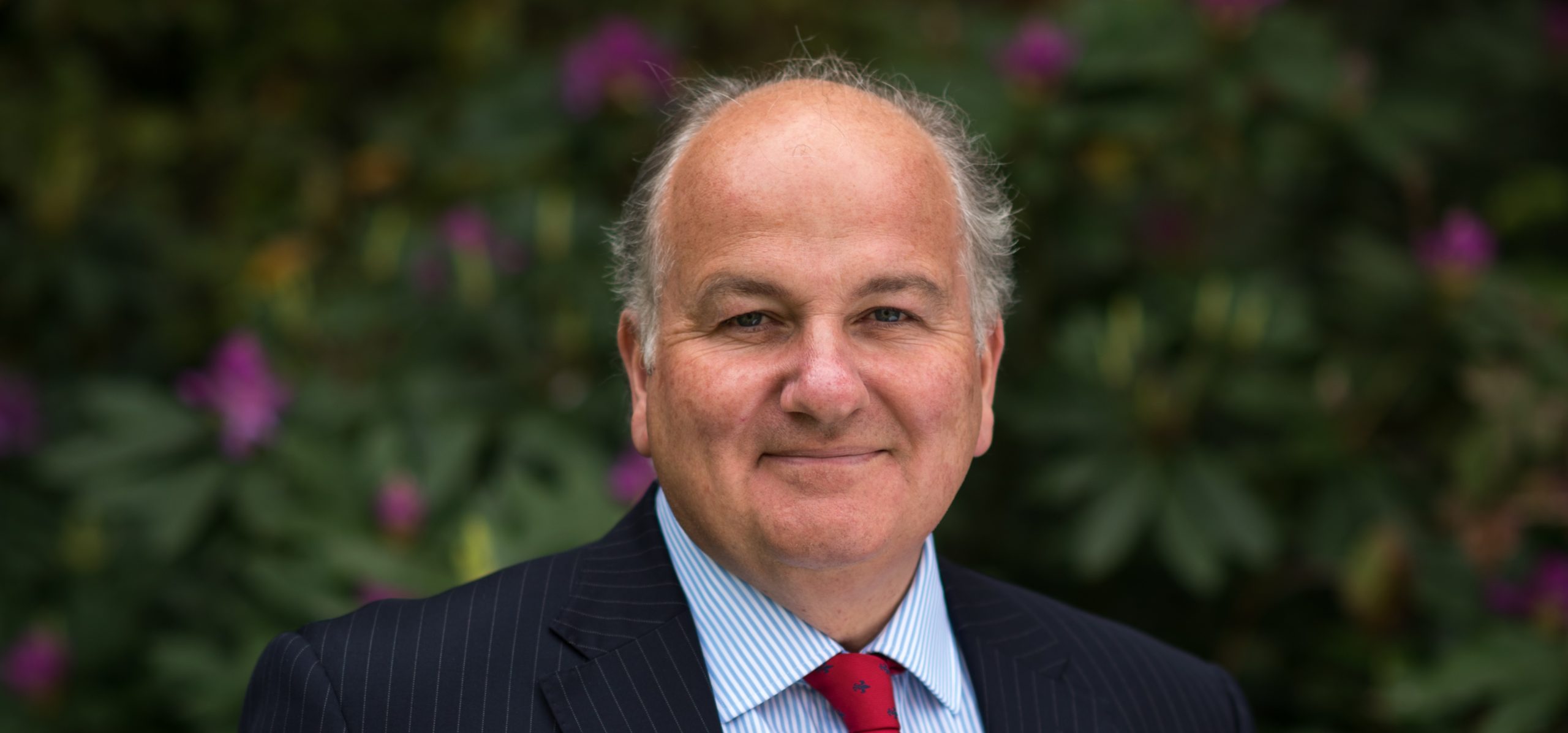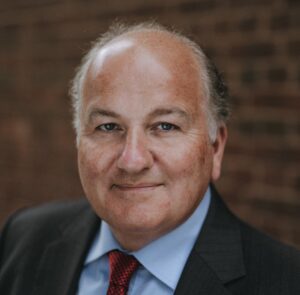The quick answer
There are two ways in which a person can be made bankrupt in the UK:
- A creditor (someone you owe money to) who is owed over £5,000 can make you bankrupt by applying to Court. You will get notice of the hearing and the right to dispute the debt or attend the hearing.
- You can make yourself bankrupt by applying to Court.
In more detail
What Happens Once I Am Made Bankrupt?
Once you are declared bankrupt your assets vest with your Trustee in Bankruptcy who then controls them prior to a sale.
One of the first things to happen when you are declared bankrupt is that you will receive a letter from the Insolvency Service asking you to come in for a meeting. The purpose of the meeting is to find out what happened as well as what assets you own and what you owe.
You will also be asked about your income and your monthly outgoings. This will include your spouse. This is to establish if you can afford to make an Income Payments Agreement (this is a monthly instalment for up to three years) into the bankruptcy estate. This is used to pay back creditors and cover costs.
The Insolvency Service is a government registered agency and they are impartial. The Official Receiver is the title of a person who works in the Insolvency Service. That person will be your initial Trustee in Bankruptcy who is deemed to be responsible for your financial affairs.
If your case is more complicated or a creditor (or number of them) requests it, an independent Licensed Insolvency Practitioner may be appointed as your Trustee.
In all cases you should co-operate with your Trustee in Bankruptcy. There are serious consequences for not doing so.
What Is The Purpose Of Bankruptcy?
The purpose of bankruptcy is for the Trustee to sell your assets to pay back all or part of your debts (known as creditors).
WHAT IF I WAS WRONGLY MADE BANKRUPT?
Even if you have assets that exceed what you might owe you can still be made bankrupt. In fact, you can be quite well off and still be made bankrupt for not paying a debt. If you have ignored a liability for more than £5,000, despite being chased and the creditor applies to Court then the Court has the power to make you bankrupt.
You can not just pay off the bankruptcy debt to get the bankruptcy annulled. You need third party monies to pay off all of your unsecured debts. Then, you’ll need to apply to the Court to have the bankruptcy annulled. Alternatively, you could propose an Individual Voluntary Arrangement to creditors in the first 12 months.
HOW LONG DOES BANKRUPTCY LAST?
Bankruptcy normally lasts for 12 months. If your bankruptcy is not complicated, you may not hear from the Insolvency Service again until they send a letter advising that you have been discharged from bankruptcy.
WHAT RESTRICTIONS ARE PLACED ON ME WHEN I AM BANKRUPT?
Whilst bankrupt, you will be restricted from being a director and certain occupations such as a solicitor or policeman. It will also have an adverse effect on your credit rating that can last up to 7 years.
If you own a home with equity (or a part share in a home perhaps with your spouse), usually the home will be sold to pay your debts. There are special rules about working out your level of equity. For example, if you have re-mortgaged to pay money into your business this may count as you using up your equity under the rules for “equity of exoneration”.
If you fail to co-operate with your Trustee in Bankruptcy or hand over your assets they can apply for a Bankruptcy Restriction Order – this will delay your release from Bankruptcy.
WILL I LOSE MY HOUSE AND CAR?
You will not necessarily lose your car and house.
If your house has little or no equity the Trustee will not force it’s sale and you can keep it and keep paying the mortgage. If you have a car and need it for work and its value is not too high (usually less than £3,000) then you will be allowed to keep that as well.
Should I TRy And Avoid Bankruptcy?
It depends on your circumstances. Sometimes it is a really good way of clearing all your debts. Once you are annulled from Bankruptcy you are free of the old debts. For example, credit card balances, personal loans, council tax, income tax and VAT are all written off and they can not pursue you.
You should try and avoid bankruptcy if you have a lot of assets as the costs of going bankrupt are quite high. You will lose control of them and there maybe a better solution for you and your creditors.
Some Final Advice
If you have any questions about bankruptcy, a good starting point is the Insolvency Service. If you have been made bankrupt after running a business, your affairs may be more complicated. It may be worth getting professional advice from a Licensed Insolvency Practitioner who could help you annul the bankruptcy or deal with your Trustee for you.



